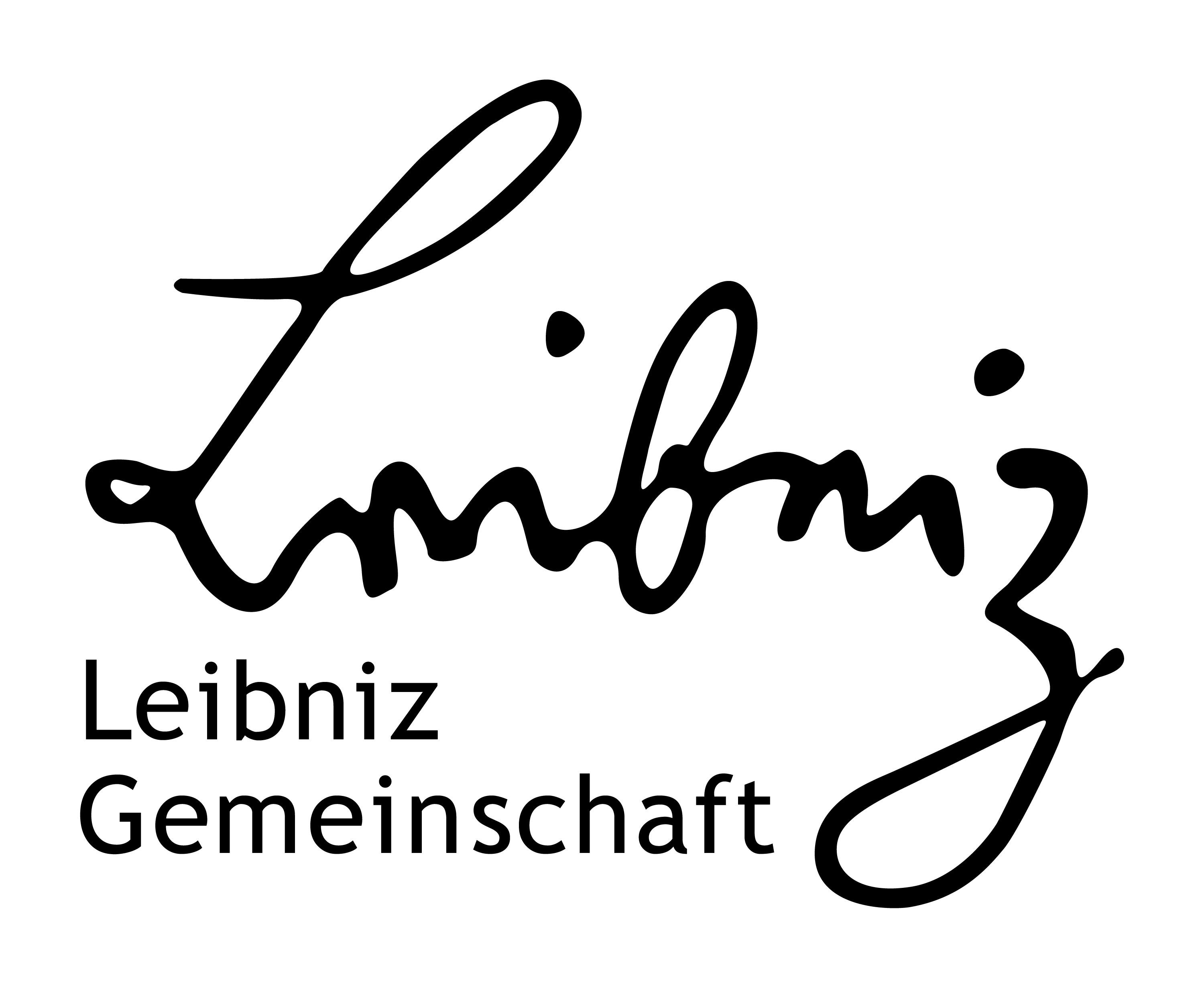Edoardo Pinzuti, Doktorand I Kontakt: edoardo.pinzuti@lir-mainz.de
Nicolas Ruffini, Doktorand I Kontakt: nicolas.ruffini@lir-mainz.de
PD Dr. Alexandra Sebastian, AG-Co-Leitung I Kontakt: alexandra.sebastian@lir-mainz.de
Die Arbeitsgruppe Tüscher erforscht translational systematisch behaviorale, kognitive und neuronale Mechanismen kognitiver Kontrolle als Netzwerkmechanismen psychischer Resilienz gegenüber stress-assoziierten Erkrankungen, kognitiver Resilienz im Alter sowie neurophysiologische Netzwerkmechanismen der Resilienzförderung. Die Mechanismen der kognitiven Kontrolle bzw. der Emotion-Kognition-Interaktion werden als Kernmechanismus für zielgerichtetes Verhalten und kognitiver Emotionsregulation sowie die emotionale Interferenzinhibition als kognitiver Teilmechanismus der positiven Neubewertung im Kontext sozialer Interaktion stehen thematisch im Zentrum in enger Kooperation mit den AGs Bergmann, Kalisch, Stroh und Wessa. Netzwerkmechanismen der Resilienzförderung werden im LIR Forschungsschwerpunkt zu den translationalen Mechanismen der Stressinokulation gemeinsam mit den AGs Müller, Stroh und Wessa bearbeitet. Neuronal werden Hypothesen zu oszillatorischen Mechanismen, hier im Besonderen die Bedeutung oszillatorischer Aktivität sowie zu Unterschieden der Netzwerkerregbarkeit, insbesondere die Rolle langsamer Netzwerk-Oszillationen auf die individuelle Resilienz im LIR Schwerpunkt zur Netzwerkstabilität als Resilienzmechanismus untersucht (AGs Stroh und Schweiger). Die systemischen Mechanismen kognitiver Resilienz im Alter werden in enger Kooperation mit der Landesexzellenzinitiative ReALity und der vom LIR mitgeführten Leibniz Research Alliance (LRA) “Resilient Ageing” bearbeitet.
Methodisch nutzt die AG die in LIR-(MARP), DFG-(SFB 1193 C04/ Z03 LORA) und BMBF-(AgeGain)-geförderten Projekten hochdimensionalen, multimodalen Datensätze (Verhaltensdaten, rsfMRT und strukturelles MRT, nvEEG/sMRT, MEG, EEG-fMRT und EEG-MEG) und führt eine kontinuierliche Methodenentwicklung zur effizienten Erschließung dieser durch. Schwerpunkte liegen in der Weiterentwicklung und Etablierung der Analyse-Instrumente und Pipelines (transfer entropy (TFR), active information storage (AIS), independent component (IC)-based oscillation analyses, finite elemente model (FEM)-based head modelling) sowie slow-wave-events (SWE) als Marker des neuralen Netzwerkzustandes.
- Neuronale Netzwerkmechanismen der Selbstregulation als Resilienzmechanismus
- Netzwerkstabilität als neurobiologische Entität in der Resilienzforschung
- Resilienzförderung durch Stress-Inokulation
- Leibniz-Forschungsverbund „Altern und Resilienz“ - Leibniz Research Alliance (LRA) “Resilient Ageing” zusammen mit 13 weiteren Leibniz-Instituten
- Entwicklung von Instrumenten zur dynamischen Systemanalyse in der Resilienzforschung (IDSAIR)
- Prof. Dr. Michael Wibral, Abteilung datengetriebene Analyse biologischer Netzwerke, Campus-Institut für Dynamik biologischer Netzwerke, Georg-August-Universität Göttingen
- Prof. Dr. Dr. Henrik Walter, Psychiatrie, Humboldt Universität, Charité, Berlin
- Prof. Dr. Birte Forstmann, University of Amsterdam, Niederlande
- Prof. Dr. David Silbersweig, Brigham & Woman's Hospital, Harvard University, Boston, USA
- EU Horizon & ERA-NET N
- Japanese Science and Technology Agency (JST)
- Ministerium für Arbeit, Soziales, Transformation und Digitalisierung (MASDT)
- Bundesministerium für Forschung, Technologie und Raumfahrt
- Europäischen Fonds für regionale Entwicklung (EFRE)
- Ministerium für Wissenschaft und Gesundheit Rheinland-Pfalz
Petri-Romão P, Mediavilla R, Restrepo-Henao A, Puhlmann LMC, Zerban M, Ahrens KF, Barbui C, Basten U, Bayón C, Chmitorz A, Felez-Nobrega M, Kollman B, Lieb K, McDaid D, McGreevy KR, Melchior M, Muñoz-Sanjosé A, Neumann R, Park A-L, Plichta MM, Purgato M, Reif A, Schenk C, Schick A, Sebastian A, Sijbrandij M, Smith P, Tüscher O, Wessa M, Yuen KSL, Haro JM, Ayuso-Mateos JL, Kalisch R (2025) Evidence for a role for positive appraisal style in stress resilience. Nat Commun. Accepted in principle
Zhao N, Vogel DL, Kubiak T, Mey LK, Morello K, Tüscher O (2025) Self-compassion in the moment: Dynamic changes of compassionate and uncompassionate self-responding in daily life. J Couns Psychol. doi: 10.1037/cou0000798. Epub ahead of print.
>> Link zu PubmedAdorjan K, Dong MS, Wratil PR, Schmacke NA, Weinberger, Steffen J, Osterman, A, Choukér A, Mueller TT, Jebrini T, Wiegand HF, Tüscher O, Lieb K, Hornung V, Falkai P, Klein M, Keppler OT, Koutsouleris N (2024) Development and Validation of a Simple Tool for Predicting Pandemic-Related Psychological Distress Among Health Care Workers. J Technol Behav Sci. 9, 552–566. doi: 10.1007/s41347-023-00380-9
>> Link zum ArtikelAhrens KF, Schenk C, Kollmann B, Puhlmann LMC, Neumann RJ, Schäfer SK, Reis D, Basten U, Weichert D, Fiebach CJ, Lutz B, Wessa M, Repple J, Lieb K, Tüscher O, Reif A, Kalisch R, Plichta MM (2024) Resilience to major life events: Advancing trajectory modeling and resilience factor identification by controlling for background stressor exposure. Am Psychol. 79(8):1076-1091. doi: 10.1037/amp0001315
>> Link zu PubmedAndres E, Chuan-Peng H, Gerlicher AMV, Meyer B, Tüscher O, Kalisch R (2024) Replication study on the role of dopamine-dependent prefrontal reactivations in human extinction memory retrieval. Nat Commun. 15(1):2699. doi: 10.1038/s41467-024-46936-y
>> Link zu PubmedFischer FU, Gerber S, Tüscher O (2024) Alzheimer’s Disease Neuroimaging Initiative. Mathematical model of the Alzheimer's disease biomarker cascade demonstrates statistical pitfall in identifying surrogates of cognitive reserve. iScience. 27(11):111188. doi: 10.1016/j.isci.2024.111188
>> Link zu PubmedMarciniak MA, Shanahan L, Yuen KSL, Veer IM, Walter H, Tuescher O, Kobylińska D, Kalisch R, Hermans E, Binder H, Kleim B (2024) Burst versus continuous delivery design in digital mental health interventions: Evidence from a randomized clinical trial. Digit Health. 10:20552076241249267. doi: 10.1177/20552076241249267
>> Link zu PubmedPetri-Romão P, Engen H, Rupanova A, Puhlmann L, Zerban M, Neumann RJ, Malyshau A, Ahrens KF, Schick A, Kollmann B, Wessa M, Walker H, Plichta MM, Reif A, Chmitorz A, Tuescher O, Basten U, Kalisch R (2024) Self-report assessment of Positive Appraisal Style (PAS): Development of a process-focused and a content-focused questionnaire for use in mental health and resilience research. PLoS One. 19(2):e0295562. doi: 10.1371/journal.pone.0295562
>> Link zum ArtikelReinwarth AC, Wicke FS, Rückert KK, Schattenberg JM, Tüscher O, Wild PS, Münzel T, König J, Lackner KJ, Pfeiffer N, Beutel ME (2024) Change of self-rated physical health predicts mortality in aging individuals: results of a population-based cohort study. Arch Public Health. 82(1):130. doi: 10.1186/s13690-024-01363-9
>> Link zu PubmedWenzel M, Ringwald WR, Kaurin A, Tüscher O, Kubiak T, Wright AGC (2024) Neuroticism is Associated With Greater Affective Variability at High Levels of Momentary Affective Well-Being, but With Lower Affective Variability at Low Levels of Momentary Affective Well-Being. J Pers. doi: 10.1111/jopy.12972. Online ahead of print.
>> Link zu Pubmed




